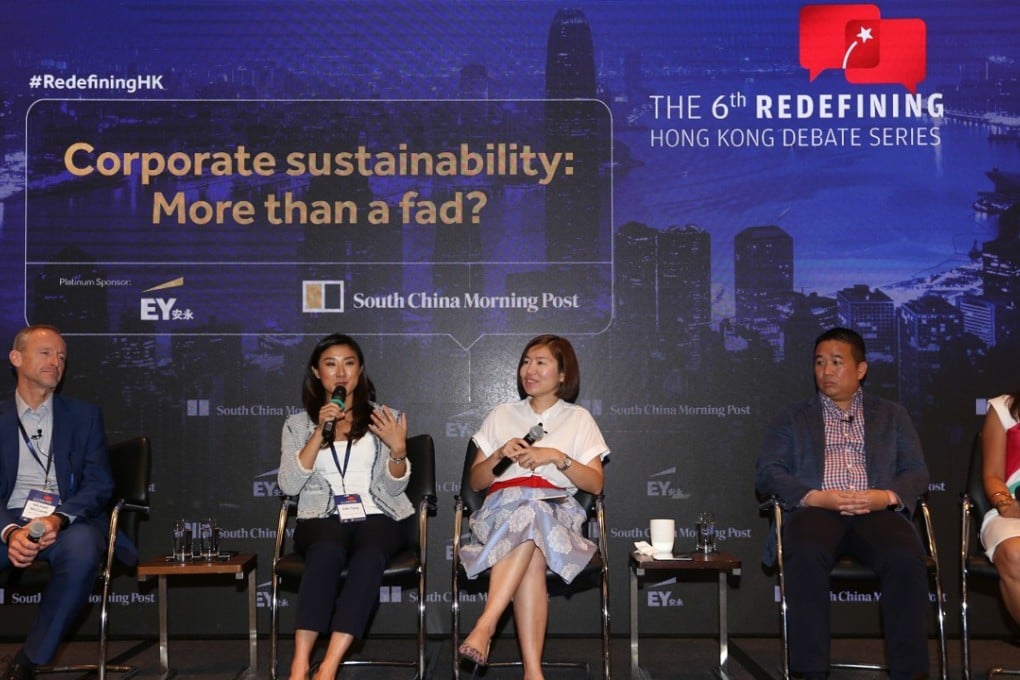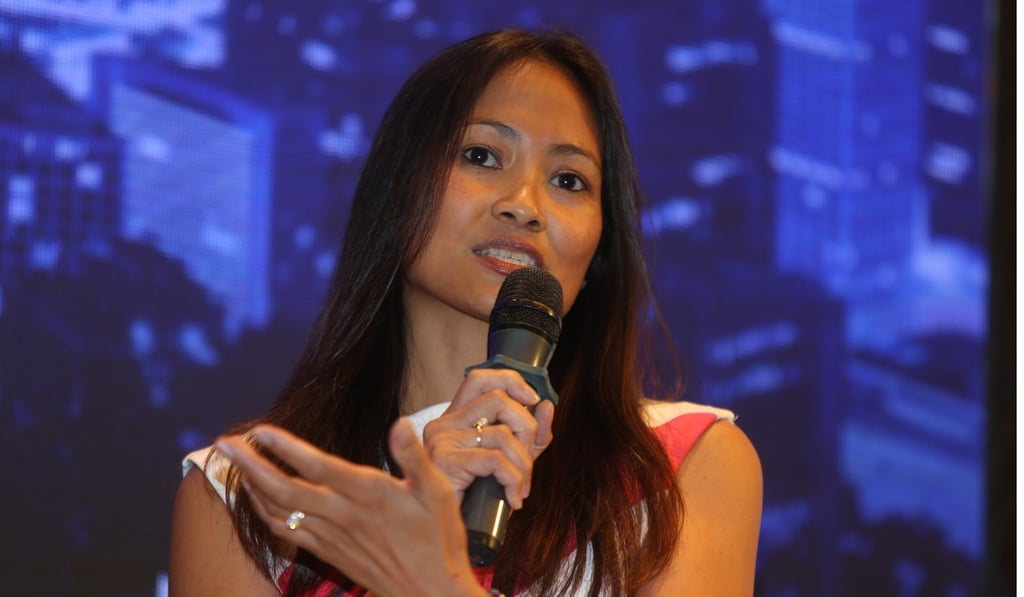Hong Kong companies have much to do to improve their dismal green credentials
Panellists at the ‘Redefining Hong Kong Debate Series’ urge companies to implement changes to become sustainable and environmentally and socially responsible

Hong Kong companies should avoid “greenwashing” their stakeholders and consumers and should instead embed sustainability into their core company philosophies, according to panellists at the latest edition of the “Redefining Hong Kong Debate Series”, organised by the South China Morning Post, on Tuesday.
They urged businesses to improve their risk management, operational excellence, reduce costs and increase efficiencies to reach their goals.
“Greenwashing” is the use of marketing to deceptively portray an organisation’s products, activities or policies as environmentally friendly when they are not.
“If you are greenwashing then you [companies] are ticking boxes for the sake of compliance,” said Pat Dwyer, founder of The Purpose Business, which advises on responsible commercial opportunities in Asia. “[But] if you are going to invest money in it [corporate sustainability] then you better make sure it is more than just a fad, and you can influence the stakeholders.”

There is concern that the level of understanding and awareness in corporate sustainability and environmental, social and governance has deteriorated in Hong Kong and it has fallen behind other cities. And there are also fears that consumers still do not grasp the subject fully.